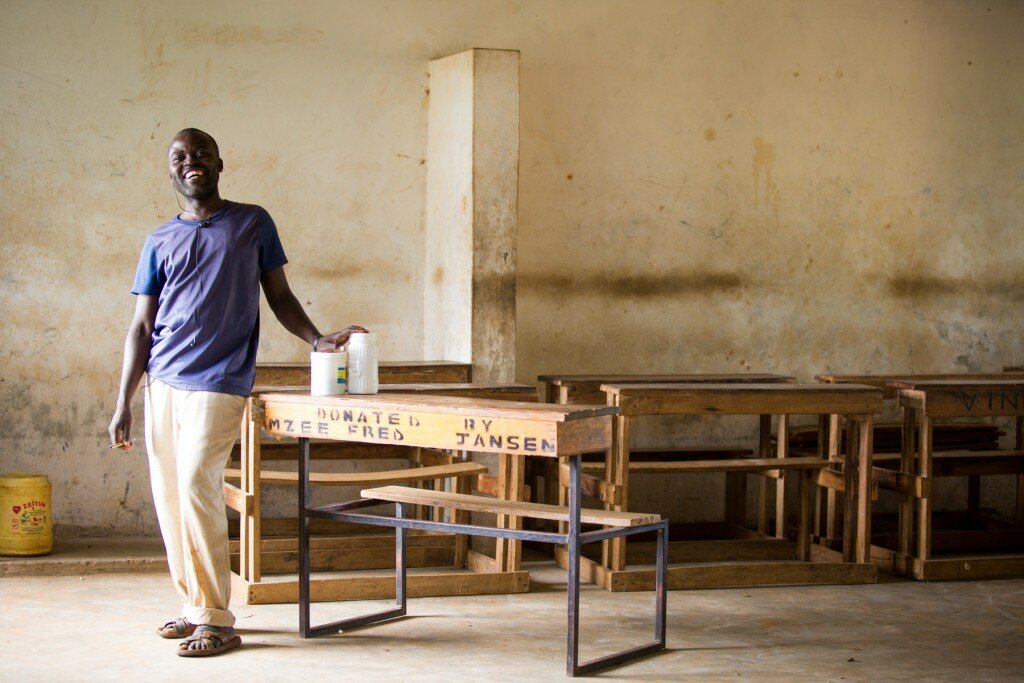
Nearly 1.8 billion people require treatment for neglected tropical diseases (NTDs). Many of these diseases can be easily prevented or treated, yet only 43 percent of people are receiving the treatment they need for the most common NTDs.
In this time of resource scarcity, our collective commitment to the poorest communities should not wane. Yet, the traditional donor-supported model is not a sustainable solution. Increasingly, the global health and development community has been promoting the concept of country ownership as a critical issue of sustainability for country programs. In order to build programs that will live on past the life of a grant or the passing interest of a donor country, affected nations need independent, self-sustaining systems that are domestically organized and funded. This is not country ownership, but rather country leadership.
This country leadership was solidified when health ministers reaffirmed their commitment to the Addis Ababa Commitment on NTDs at the World Health Assembly (WHA) in Geneva in May. Nearly two dozen African countries signed this declaration in December 2014, pledging to increase domestic investment, promote multi-sector approaches, encourage adoption of data-driven, long-term strategic plans and ensure mutual support of NTD programs and overall health systems.
This Commitment heralds a new development model, where low- and middle-income countries partner together to invest in and lead their own development with support from the global community.
The Addis Commitment exemplifies the partnership required to create a successful health system through political, financial and technical reciprocity between donor countries and endemic countries. While financial assistance is a critical stepping stone on the road to self-sufficiency, the real value comes from building proficiencies and systems that will last long after the money has been spent.
